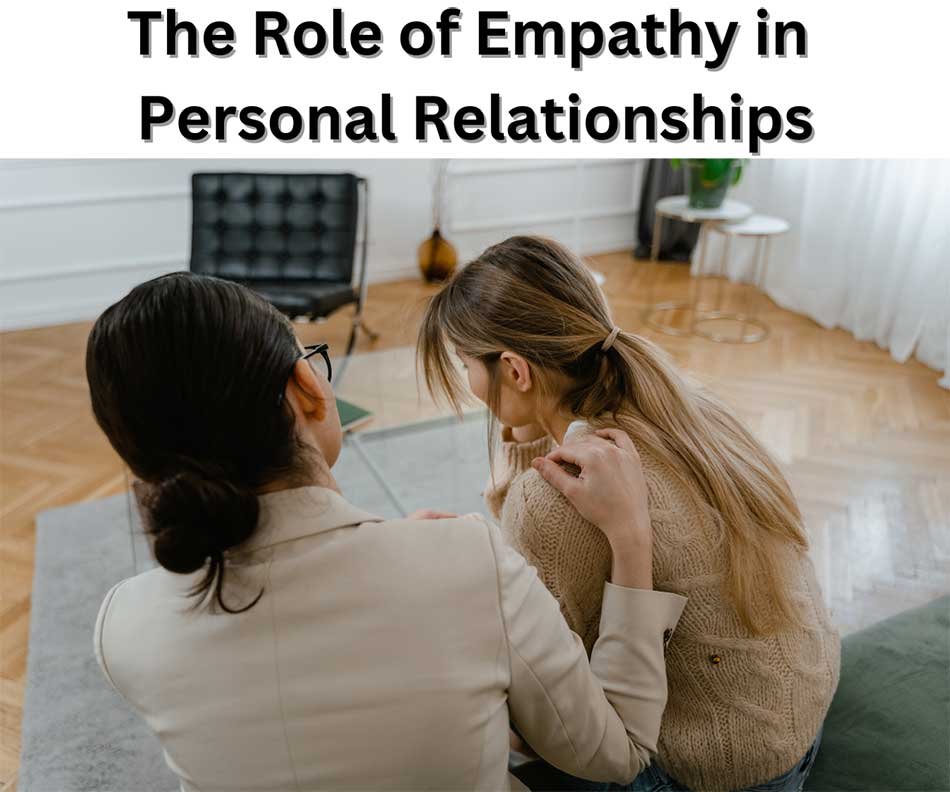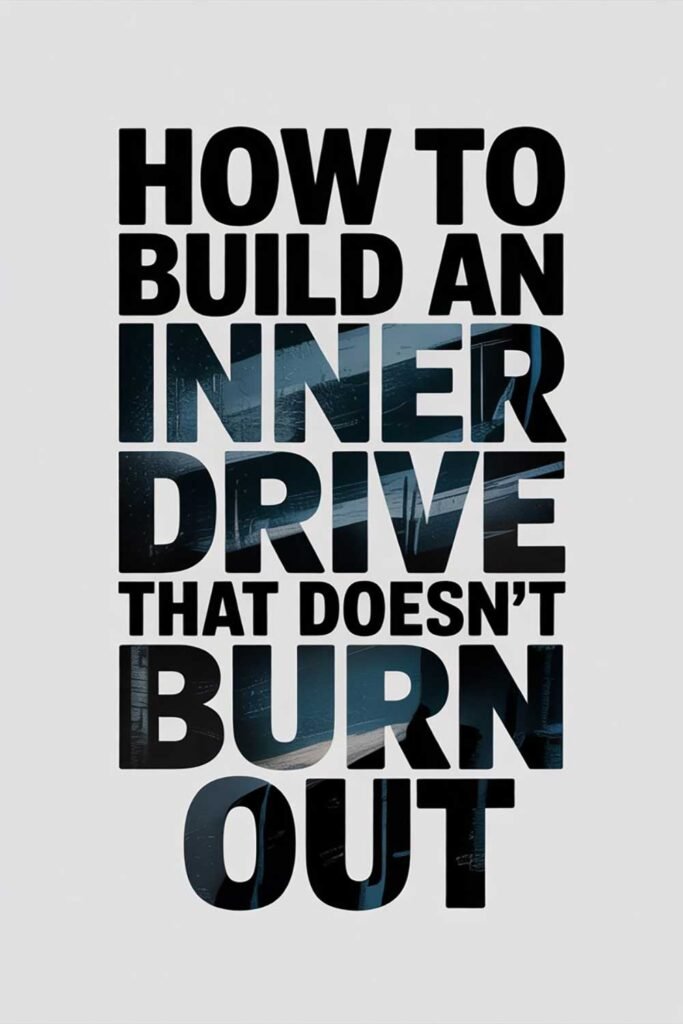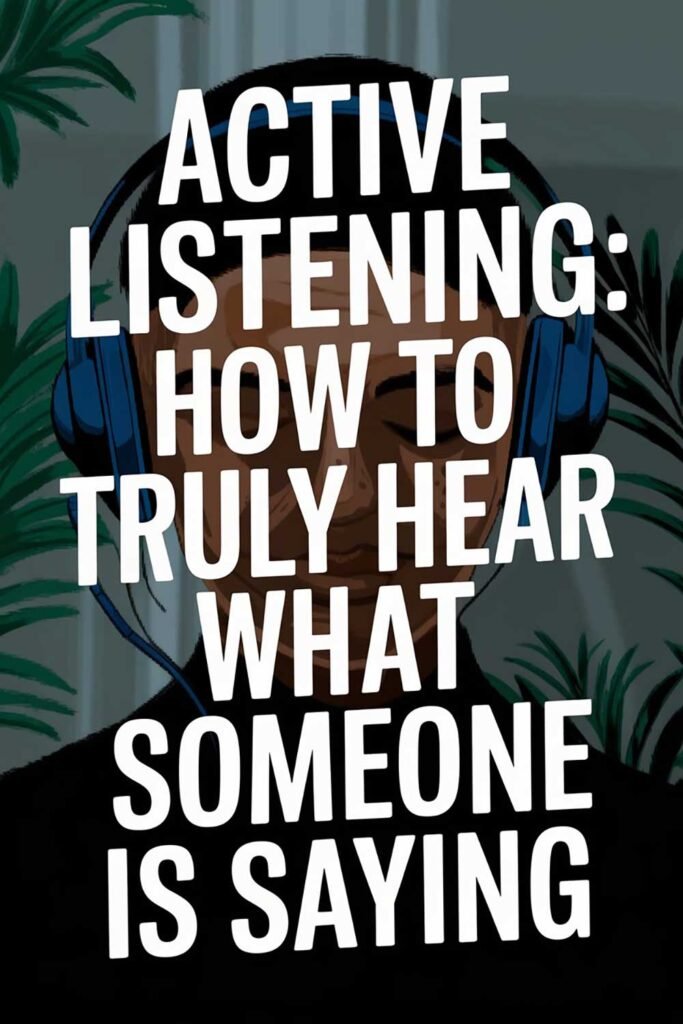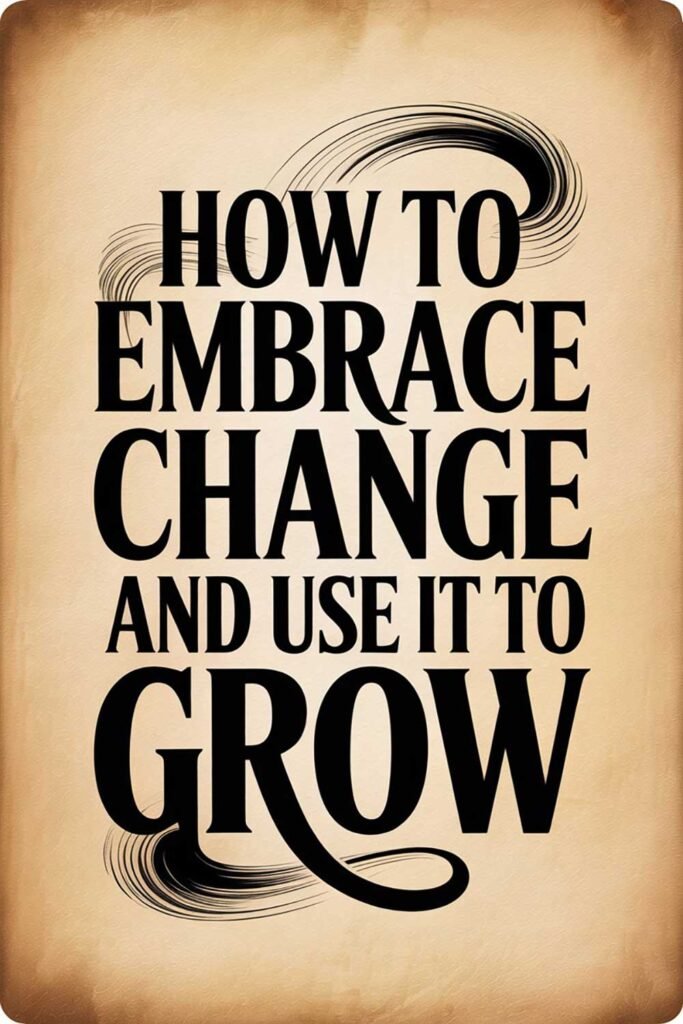
If you know someone who could benefit from this article, please share it with them. Understanding the role of empathy can strengthen personal relationships and deepen connections.
The Role of Empathy in Personal Relationships
What Is Empathy?
Empathy is the ability to understand and share the feelings of others. It involves stepping into someone else’s shoes to experience their emotions and perspectives. Empathy is a cornerstone of healthy relationships, fostering trust, compassion, and connection.
Types of Empathy
- Cognitive Empathy: Understanding another person’s thoughts and emotions without necessarily feeling them.
- Emotional Empathy: Sharing the emotions of others, creating a deeper emotional connection.
- Compassionate Empathy: Taking action to support someone based on understanding their feelings.
Why Empathy Matters in Personal Relationships
1. Builds Trust
Empathy helps create a safe space where individuals feel understood and valued. Trust is essential for any strong relationship.
- Example: A friend who listens without judgment fosters openness and honesty.
2. Enhances Communication
Empathy improves the ability to listen actively and respond thoughtfully, reducing misunderstandings and conflicts.
- Example: Validating a partner’s feelings during a disagreement helps resolve issues constructively.
3. Deepens Emotional Bonds
Sharing emotions through empathy strengthens the connection between individuals, promoting closeness and intimacy.
- Example: A parent empathizing with a child’s struggles builds a supportive relationship.
4. Promotes Forgiveness
Empathy enables understanding of others’ perspectives, making it easier to forgive mistakes and move forward.
- Example: Understanding why a friend acted out of character fosters reconciliation.
5. Encourages Mutual Support
Empathy motivates individuals to support one another in times of need, strengthening the foundation of the relationship.
- Example: Offering emotional or practical help to a partner during stressful times.
How to Cultivate Empathy in Personal Relationships
1. Practice Active Listening
Focus on what the other person is saying without interrupting or forming judgments.
- Tips:
- Maintain eye contact.
- Use affirming nods or verbal cues like “I understand” or “Tell me more.”
2. Ask Open-Ended Questions
Encourage deeper conversations by inviting the other person to share their thoughts and feelings.
- Examples:
- “How did that make you feel?”
- “What can I do to support you?”
3. Put Yourself in Their Shoes
Imagine how the other person might be feeling in a given situation. This helps build perspective and compassion.
- Activity: Reflect on how you’d react if you were in their position.
4. Be Present
Give your full attention during interactions. Distractions can hinder your ability to connect emotionally.
- Tips:
- Put away devices during conversations.
- Focus on the person in front of you.
5. Validate Their Feelings
Acknowledge the other person’s emotions without dismissing or minimizing them.
- Examples:
- “It sounds like that was really difficult for you.”
- “I can see why you’re upset.”
6. Practice Self-Awareness
Recognize and regulate your emotions to respond empathetically rather than reactively.
- Activity: Pause and assess your feelings before responding to emotional situations.
7. Show Compassion Through Actions
Empathy goes beyond understanding—it involves taking meaningful action to support others.
- Examples:
- Offering help when someone is overwhelmed.
- Sending a thoughtful message or small gift to show you care.
Common Barriers to Empathy and How to Overcome Them
1. Judgment
- Barrier: Prejudging someone’s situation or emotions.
- Solution: Approach conversations with curiosity and an open mind.
2. Distractions
- Barrier: Being mentally preoccupied or physically distracted.
- Solution: Set aside time for focused, uninterrupted interactions.
3. Emotional Overload
- Barrier: Feeling overwhelmed by others’ emotions.
- Solution: Set boundaries and practice self-care to maintain emotional balance.
Practical Exercises to Enhance Empathy
- Empathy Journal: Reflect on interactions where you practiced empathy and identify areas for improvement.
- Perspective-Taking: Imagine a recent conflict from the other person’s point of view.
- Empathy Challenges: Commit to one act of empathy daily, such as active listening or offering support.
Picture This
Imagine relationships where understanding and compassion flow freely. By practicing empathy, you strengthen bonds, resolve conflicts more effectively, and create a safe space for emotional connection. Empathy becomes the glue that holds your relationships together, fostering deeper trust and mutual support. What step will you take today to practice empathy in your relationships?






